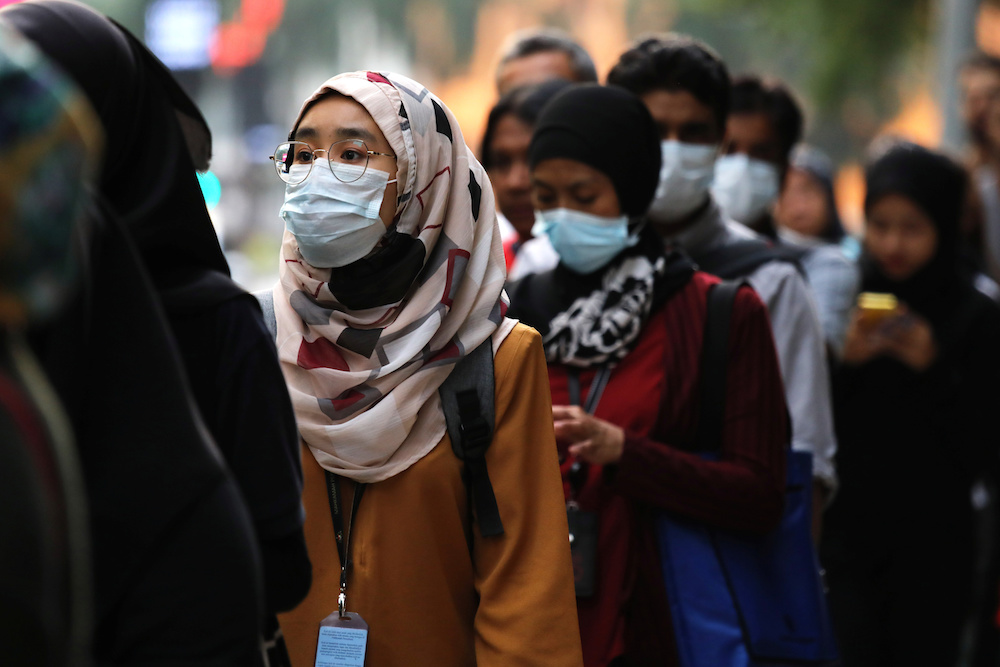APRIL 14 — As I write this column, I'm waiting for my new oven. I thought I'd given up on pandemic baking but my sourdough starter is healthy and well-fed; the cookies made on a weekend were gifted before I ate them all myself.
There's still a bit of guilt about giving up my old, cheap oven for a still cheap but slightly larger oven. The reality is that as inexpensive as my old one was, it's not energy-efficient and won't reach the 250-degrees I need for better bread.
My cheap oven is perhaps an analogy for what the poor must endure, always having to settle for what they can have right now and not what is better in the long run.
It reminds me of when I started my new job but my previous employers were late paying my wages. That meant no money for me to eat at work, relying on just one cheese bun I would nibble on in-between tasks — a bun I made last for days.
For me it was a temporary situation but for a lot of people, insufficient and barely nutritious food is just their everyday reality.
Consider healthcare in general. To wait for people to get sick and then treat them is in the long-term inefficient. The pandemic has put a spotlight on just how burdened our healthcare system is and that private healthcare is often not an affordable option for the poor.
The current government limiting the eligibility of the mySalam insurance scheme to only the B40 was a myopic decision, considering countries such as South Korea have national insurance schemes that are compulsory for all citizens.
What would be a better idea would be for the insurance scheme to be compulsory for all, allowing for a lower rate. Private insurance would then be a supplement instead of a total replacement. This would be a way to ensure coverage for all citizens.
In truth, poverty alleviation is the true preventative healthcare measure. If poor people are able to afford better food and adequate shelter, they would be far less likely to get sick.
Wearing masks and discouraging the sick from coming to the office, as well as mandating work from home measures, has actually resulted in a drop in flu cases worldwide. It's an indication that for most people, getting sick does not happen in isolation but because of many factors, one being exposure to sick people.
It is untenable that we have a bloated Cabinet and our prime minister claiming we're "out of money" while at the same time, our welfare departments are overworked and understaffed.
There needs to be a better system in place to be able to record and keep track of the poor in each state — I see no reason why people need to keep falling through the cracks, and instead become the subject of poverty porn.
The recent case of the Penang rep who blogged about aiding a woman and her family, posting her pictures and story without getting her explicit consent, is but a sign of how little regard we have for the dignity of the poor.
I am tired of so-called philanthropists making showy gestures and taking photos of aid recipients without, in many cases, asking permission.
If we can put so much effort into making an app to register citizens for the vaccine, we should create apps to help welfare workers create a central database for the less privileged.
The onus shouldn't be on the poor to fill multiple forms or make trips to government offices they might not be able to afford — aid must come to them and the government must seek them out.
One thing the pandemic should have taught us is that the health of all citizens, and not just the rich, is imperative for all our sakes. Letting some of us die without aid and care shouldn't be an option and the best investment the government can make is making sure citizens don't get sick in the first place.
If health is wealth, we all deserve to be rich.
* This the personal opinion of the columnist.























